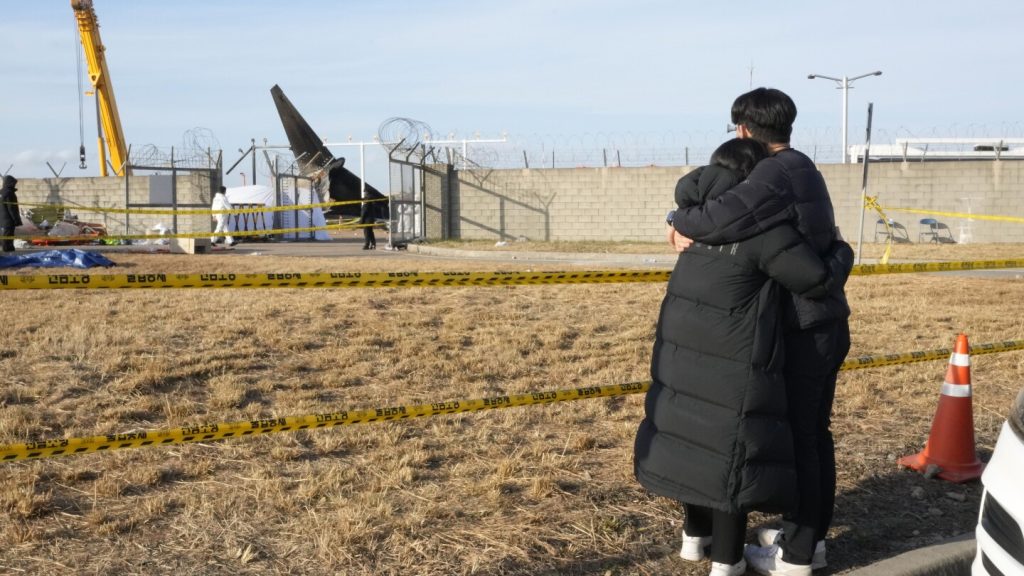South Korea experienced its worst aviation disaster in decades on December 28th, when a Boeing 737-800 plane operated by Jeju Air crashed at Muan International Airport, killing 179 people. The plane came down with its front landing gear closed and struck a concrete fence. This incident also marked the deadliest plane crash worldwide in 2024. The year saw a series of other tragic aviation accidents, including a collision on a Tokyo runway, a military plane crash in Malawi that claimed the lives of Vice President Saulos Chilima and former first lady Shanil Dzimbiri, and a crash in Nepal that killed 18 people. Another notable incident occurred in Brazil, where a small plane crashed in a residential area, killing all 10 people on board.
The deadliest aviation accident in history occurred in 1977 when two Boeing 747 jumbo jets collided on a foggy runway in Tenerife, resulting in the deaths of 583 of the 644 people on board the planes. Additionally, the tragic events of September 11, 2001, where nearly 3,000 people died in terrorist attacks involving plane crashes, marked a dark day in aviation history. These incidents serve as stark reminders of the risks and vulnerabilities present in air travel, despite advancements in safety and technology.
In June, a military plane crash in Malawi took the lives of Vice President Saulos Chilima and former first lady Shanil Dzimbiri, along with eight others on board, due to bad weather conditions. In July, a Saurya Airlines plane crashed in Nepal shortly after taking off from Kathmandu, resulting in the deaths of 18 people. In August, a Voepass turboprop crashed in Brazil, killing all 62 people on board, with a preliminary report suggesting a possible issue with the deicing system due to ice build-up on the plane’s exterior.
On December 22nd, a small plane crashed in a residential area in Brazil, killing all 10 people on board and injuring several on the ground. The cause of the crash was not immediately clear. On December 25th, an Azerbaijan Airlines plane crashed in Kazakhstan, killing 39 people, with Azerbaijani President stating the plane was shot down accidentally by Russia. Despite the tragic incidents throughout the year, the aviation industry continues to work on safety measures and protocols to prevent similar accidents in the future.
In the most recent incident on December 28th, a Jeju Air Boeing 737-800 jetliner crashed in Seoul, killing 179 people. Following an initial failed landing attempt, the plane received a bird strike warning from the ground control center. The pilot issued a distress signal before the plane overshot the runway, crashed into a concrete fence, and burst into flames. Two crew members miraculously survived after being pulled from the rear of the plane. As investigations into these accidents continue, aviation authorities and industry stakeholders strive to enhance safety standards and prevent further tragedies in the skies.
The year 2024 was marked by several significant aviation accidents, drawing attention to the risks and challenges inherent in air travel. From fatal crashes in South Korea, Japan, Malawi, Nepal, Brazil, and Kazakhstan, to the tragic events of September 11, 2001, the aviation industry remains vigilant in addressing safety concerns and improving protocols to ensure the well-being of passengers and crew. As the global community mourns the lives lost in these devastating incidents, efforts to enhance aviation safety and prevent future accidents remain a top priority for authorities worldwide.


